Intro
Find instant relief from sore throat, runny nose, and sneezing with natural remedies and over-the-counter treatments, alleviating congestion, cough, and sinus pressure for a speedy recovery.
The common cold, a universal human experience that affects millions of people worldwide every year. It's a nuisance that can disrupt daily life, making it difficult to concentrate, sleep, and enjoy activities. Sore throat, runny nose, and sneezing are just a few of the symptoms that come with this unwelcome visitor. But what can be done to find relief from these pesky symptoms? In this article, we'll delve into the world of cold relief, exploring the causes, symptoms, and most importantly, the remedies that can help alleviate a sore throat, runny nose, and sneezing.
The common cold is a viral infection that affects the upper respiratory tract, including the nose, throat, and lungs. It's caused by a variety of viruses, with the rhinovirus being the most common culprit. When a virus enters the body, it triggers an immune response, leading to the production of excess mucus, inflammation, and congestion. This is why we experience symptoms like a sore throat, runny nose, and sneezing. But what can we do to combat these symptoms and find relief?
Understanding the Symptoms

Causes of a Sore Throat
A sore throat is often caused by the inflammation of the throat tissues, which can be triggered by a viral infection. When a virus enters the throat, it causes the tissues to become inflamed, leading to pain, swelling, and discomfort. Other causes of a sore throat can include allergies, sinus infections, and even acid reflux. But what can be done to soothe a sore throat and find relief?Relief from a Sore Throat
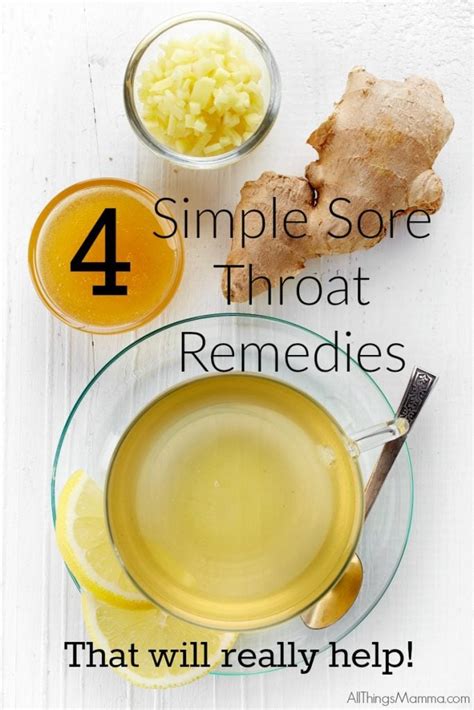
- Staying hydrated by drinking plenty of fluids, such as water, tea, and soup
- Gargling with salt water to reduce inflammation and kill bacteria
- Using a humidifier to add moisture to the air and soothe the throat
- Sucking on lozenges or cough drops to provide temporary pain relief
- Taking over-the-counter pain relievers, such as acetaminophen or ibuprofen
Relief from a Runny Nose
A runny nose can be just as annoying as a sore throat. But what can be done to stop the constant dripping and congestion? There are several remedies that can help alleviate a runny nose, including:- Using saline nasal sprays to moisturize the nasal passages and thin out mucus
- Taking over-the-counter decongestants to reduce congestion and swelling
- Using a neti pot to rinse out the nasal passages and remove excess mucus
- Applying a warm compress to the face to loosen up mucus and reduce congestion
Relief from Sneezing
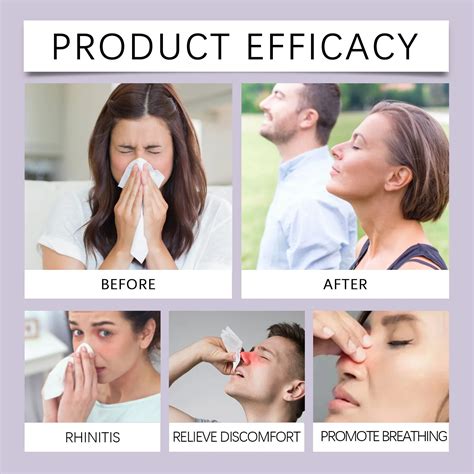
- Taking over-the-counter antihistamines to reduce allergic reactions and inflammation
- Using a nasal filter to block out allergens and irritants
- Avoiding triggers, such as dust, pollen, and pet dander
- Practicing good hygiene, such as washing hands regularly and avoiding close contact with others
Home Remedies for Cold Relief
There are several home remedies that can help alleviate cold symptoms, including:- Drinking chicken soup to help ease congestion and soothe the throat
- Taking a warm bath to relax and reduce congestion
- Using a vaporizer to add moisture to the air and soothe the throat
- Practicing steam inhalation to loosen up mucus and reduce congestion
Natural Remedies for Cold Relief
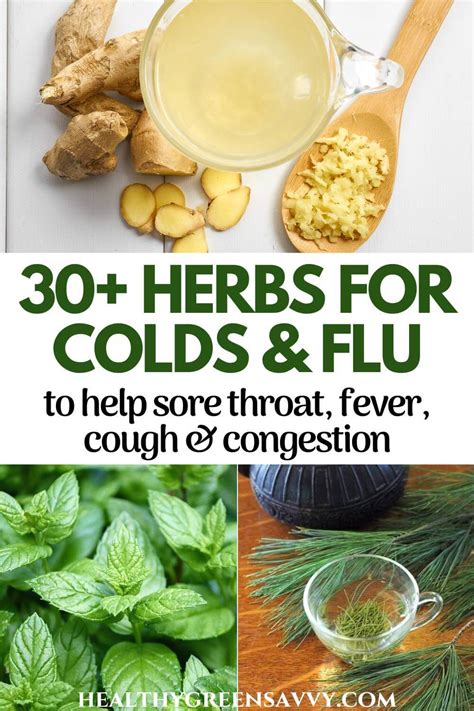
- Taking vitamin C to boost the immune system and reduce inflammation
- Using echinacea to reduce the severity and duration of cold symptoms
- Drinking herbal tea, such as peppermint or ginger, to soothe the throat and reduce congestion
- Using essential oils, such as eucalyptus or lavender, to reduce inflammation and promote relaxation
Preventing the Common Cold
While there's no surefire way to prevent the common cold, there are several steps that can be taken to reduce the risk of getting sick. These include:- Practicing good hygiene, such as washing hands regularly and avoiding close contact with others
- Getting plenty of rest and reducing stress
- Eating a healthy diet rich in fruits, vegetables, and whole grains
- Staying hydrated by drinking plenty of fluids
Cold Relief Medications
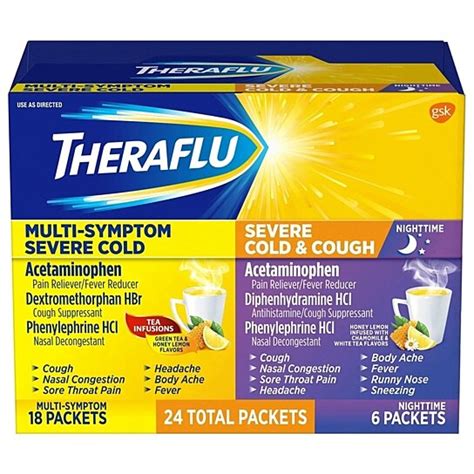
- Pain relievers, such as acetaminophen or ibuprofen, to reduce pain and inflammation
- Decongestants, such as pseudoephedrine or phenylephrine, to reduce congestion and swelling
- Antihistamines, such as diphenhydramine or loratadine, to reduce allergic reactions and inflammation
- Cough suppressants, such as dextromethorphan, to reduce coughing
When to See a Doctor
While the common cold is usually a self-limiting illness that can be treated at home, there are times when it's necessary to see a doctor. These include:- If symptoms persist or worsen over time
- If a fever develops or persists
- If there's difficulty breathing or shortness of breath
- If there's chest pain or tightness
Cold Relief in Children
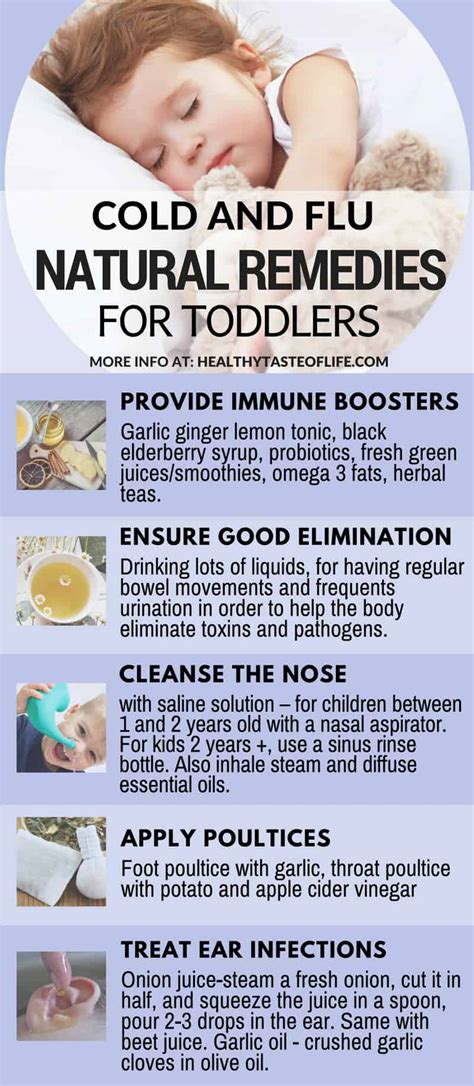
- Using saline nasal sprays to moisturize the nasal passages and thin out mucus
- Taking over-the-counter medications, such as acetaminophen or ibuprofen, to reduce pain and inflammation
- Using a humidifier to add moisture to the air and soothe the throat
- Practicing good hygiene, such as washing hands regularly and avoiding close contact with others
Cold Relief in Adults
Adults can also benefit from taking steps to alleviate cold symptoms and prevent complications. These include:- Taking over-the-counter medications, such as pain relievers or decongestants, to reduce symptoms
- Using a neti pot to rinse out the nasal passages and remove excess mucus
- Practicing good hygiene, such as washing hands regularly and avoiding close contact with others
- Getting plenty of rest and reducing stress
What are the most common symptoms of a cold?
+The most common symptoms of a cold include a sore throat, runny nose, sneezing, coughing, and fatigue.
How can I alleviate a sore throat?
+There are several remedies that can help alleviate a sore throat, including staying hydrated, gargling with salt water, using a humidifier, and taking over-the-counter pain relievers.
What are some natural remedies for cold relief?
+Some natural remedies for cold relief include taking vitamin C, using echinacea, drinking herbal tea, and using essential oils.
When should I see a doctor for a cold?
+It's essential to see a doctor if symptoms persist or worsen over time, if a fever develops or persists, or if there's difficulty breathing or shortness of breath.
How can I prevent the common cold?
+While there's no surefire way to prevent the common cold, practicing good hygiene, getting plenty of rest, eating a healthy diet, and staying hydrated can help reduce the risk of getting sick.
In
Final Thoughts

